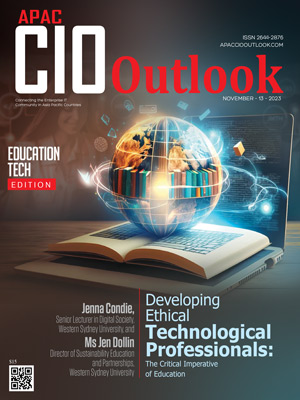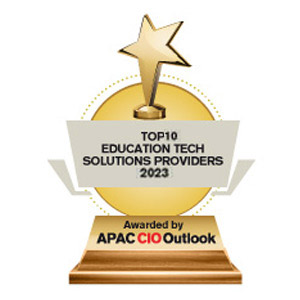The Asia-Pacific (APAC) region has long been a powerhouse of innovation and technological advancement. In recent years, this dynamism has spilled over into the education sector, with a surge in Education Technology (EdTech) trends that are reshaping the way students learn and teachers instruct.
One of the most notable trends in APAC's EdTech landscape is a focus on digital inclusion. Governments, organizations, and educational institutions have recognized the importance of providing equal access to quality education. Initiatives have emerged to bridge the digital divide, ensuring that even the most remote and underprivileged communities have access to educational resources. EdTech is making strides in delivering learning materials via mobile apps, affordable devices, and accessible internet connectivity, leveling the playing field for students across the region.
Adaptive learning technology is revolutionizing education in APAC. These systems use data and AI algorithms to personalize the learning experience for each student. By analyzing a student's strengths and weaknesses, adaptive platforms offer tailored content, pacing, and feedback, resulting in more effective and engaging learning. This approach not only benefits students but also lightens the load on teachers by allowing them to focus on addressing individual needs.
APAC is at the forefront of incorporating VR and AR into the education sector. These technologies are not just gimmicks but powerful tools that transform learning into immersive experiences. Whether it's history lessons taking students back in time through VR or science classes using AR to dissect virtual organisms, these technologies are fostering engagement and deep understanding.
The APAC region is experiencing a transformative shift in its approach to education through EdTech. Digital inclusion, adaptive learning, VR and AR, blended learning, gamification, and skills-based learning are reshaping the learning landscape, making education more accessible and engaging. As we move forward, it is crucial for policymakers, educators, and tech developers to work hand in hand to address the challenges and ensure that these trends serve the ultimate goal of fostering well[1]rounded, informed, and empowered individuals ready to tackle the challenges of the 21st century.




























